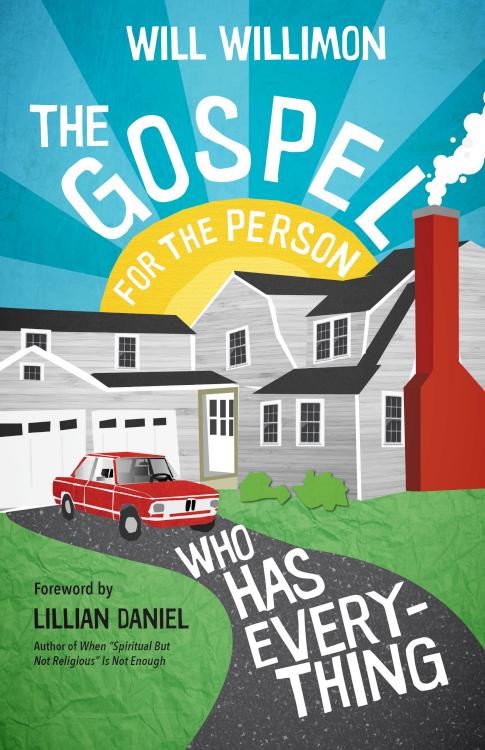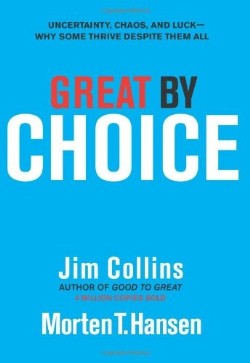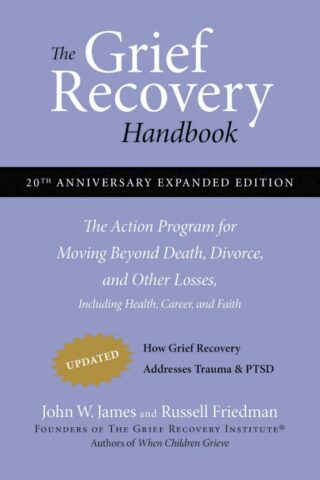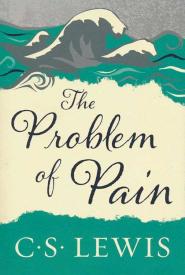Gospel For The Person Who Has Everything
$16.99
Secure, content, competent, reasonably happy and fulfilled, such persons of strength go their own way without any apparent discomfort at having missed the benefits of the Christian faith. . . . What do you say to the person who says, through his or her neglect of the faith, “Thanks, but I don’t need it”?-from the book
Bishop William Willimon brings the Gospel of Jesus Christ to life for the person who has everything – happy, fulfilled human beings, who don’t feel the same level of need expressed by the downcast, the outcast, the brokenhearted, and the miserable. Willimon says that the church’s message to the wretched and sad must not exclude the strong and the joyous. In nine concise, inspired chapters, he discusses these ideas:
– Must one be sad, depressed, wallowing in sin and degradation, immature, and childishly dependent in order truly to hear the Good News? (See chapters 1 and 2.)
– “What do we say to the strong?” (See chapters 3 and 4.)
– Speaking to the strong and to the people who are weak and want to be stronger: a particular kind of evangelistic message. They have their sins, but these sins are not the sins of the weak (chapter 5).
– Worship which takes God’s strong love seriously (chapter 6)
– Ethics which arise out of our response to that love (chapter 7)
– Church as a place of continual growth and widening responsibility (chapters 8 and 9)
in stock within 3-5 days of online purchase
SKU (ISBN): 9781640605404
ISBN10: 1640605401
Will Willimon
Binding: Trade Paper
Published: December 2020
Publisher: Paraclete Press
Related products
-
Screwtape Letters
$17.99Add to cartWormwood, a demon apprentice, must secure the damnation of a young man who’s just become a Christian. He seeks the advice of an experienced devil, his uncle Screwtape. Their correspondence offers invaluable—and often humorous—insights on temptation, pride, and the ultimate victory of faith over evil forces. Paperback with French flaps and deckled page edges.
-
Great By Choice
$29.99Add to cartThe new question
Ten years after the worldwide bestseller Good to Great, Jim Collins returns with another groundbreaking work, this time to ask: Why do some companies thrive in uncertainty, even chaos, and others do not? Based on nine years of research, buttressed by rigorous analysis and infused with engaging stories, Collins and his colleague, Morten Hansen, enumerate the principles for building a truly great enterprise in unpredictable, tumultuous, and fast-moving times.The new study
Great by Choice distinguishes itself from Collins’s prior work by its focus not just on performance, but also on the type of unstable environments faced by leaders today.With a team of more than twenty researchers, Collins and Hansen studied companies that rose to greatness-beating their industry indexes by a minimum of ten times over fifteen years-in environments characterized by big forces and rapid shifts that leaders could not predict or control. The research team then contrasted these “10X companies” to a carefully selected set of comparison companies that failed to achieve greatness in similarly extreme environments.
The new findings
The study results were full of provocative surprises. Such as:The best leaders were not more risk taking, more visionary, and more creative than the comparisons; they were more disciplined, more empirical, and more paranoid.
Innovation by itself turns out not to be the trump card in a chaotic and uncertain world; more important is the ability to scale innovation, to blend creativity with discipline.
Following the belief that leading in a “fast world” always requires “fast decisions” and “fast action” is a good way to get killed.
The great companies changed less in reaction to a radically changing world than the comparison companies.
The authors challenge conventional wisdom with thought-provoking, sticky, and supremely practical concepts. They include: 10Xers; the 20 Mile March; Fire Bullets, Then Cannonballs; Leading above the Death Line; Zoom Out, Then Zoom In; and the SMaC Recipe.Finally, in the last chapter, Collins and Hansen present their most provocative and original analysis: defining, quantifying, and studying the role of luck. The great companies and the leaders who built them were not luckier than the comparisons, but they did get a higher Return on Luck.
This book is classic Collins: contrarian, data-driven, and uplifting. He and Hansen show convincingly that, even in a chaotic and uncer
-
Grief Recovery Handbook (Anniversary)
$17.99Add to cartNewly updated and expanded to commemorate its 20th anniversary-this classic resource helps people complete the grieving process and move toward recovery and happiness
Incomplete recovery from grief can have a lifelong negative effect on the capacity for happiness. Drawing from their own histories as well as from others’, the authors illustrate how it is possible to recover from grief and regain energy and spontaneity. Based on a proven program, The Grief Recovery Handbook offers grievers the specific actions needed to move beyond loss.
New material in this edition includes:
How to choose which loss you should work on first
How to deal with growing up in an alcoholic or otherwise dysfunctional home
Loss of faith
Loss of career
Loss of health
And much, much more. -
Problem Of Pain
$17.99Add to cartFor centuries Christians have been tormented by one question above all — If God is good and all-powerful, why does he allow his creatures to suffer pain? C. S. Lewis sets out to disentangle this knotty issue but wisely adds that in the end no intellectual solution can dispense with the necessity for patience and courage.






Reviews
There are no reviews yet.